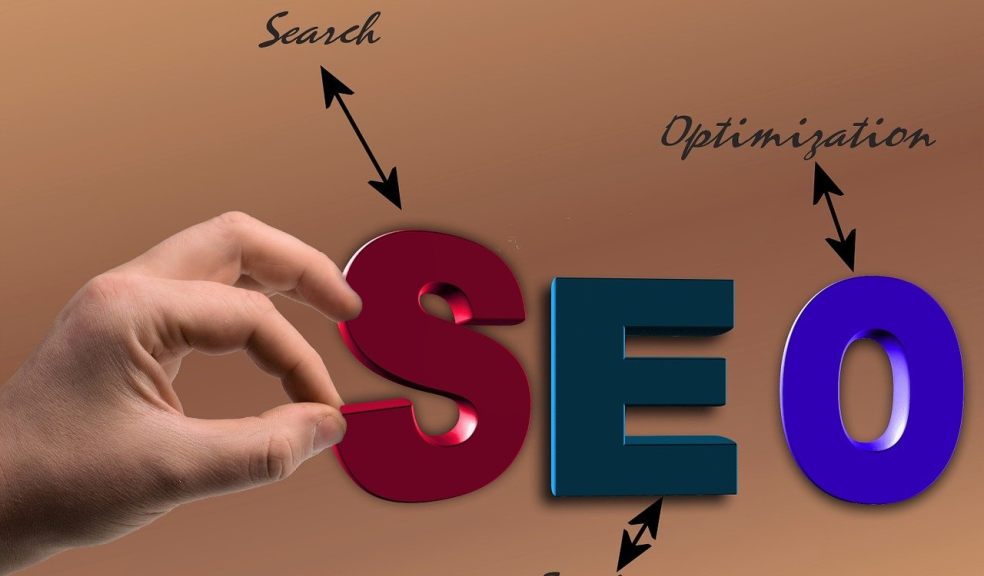
How to improve your SEO ranking
There has been a dramatic shift in marketing since the dawn of the digital age and now marketing is nothing like it used to be. The world has shifted from traditional media-driven marketing to a completely online strategy that mainly comprises social media. The reason for this shift is because technology has shifted people's interest from the physical world into the digital world and now more and more people spend most of their time connected to their technology devices, spending hours a day on the internet. Digital marketing helps with brand development by connecting you to your customers in an innovative way that was not possible before now. Digital media agencies have been created to provide the expertise and services needed to create a successful campaign, as well as to help businesses grow. One such agency is finsburymedia.com, which provides digital marketing services helping businesses to reach new levels. Apart from digital marketing, you also need to focus on SEO and how this plays a vital role in your digital marketing efforts. If you want to know how to improve your SEO ranking, keep reading to discover what you need to know.
Loading speed
The first effective way to improve your SEO is to improve the loading speed of your site. If the loading speed of your site is too slow, it will become recognizable by Google and this will hurt your ranking. Apart from that, slow speed negatively impacts how visitors engage with your page, and in most cases, people won’t bother on a site with slow speed and these negative interactions also hurt your ranking. Studies have shown that 40% of people will leave a website if it takes longer than 3 seconds to load a page and additionally, a massive 80% of these visitors will not return to that particular website again. This works negatively against your SEO ranking. On the bright side, if your site loads fast, visitors are likely to come back and Google’s algorithm will identify the popularity of your website which will improve your ranking. There are online services available such as Pingdom which allows you to test your website's speed for free which you should utilize to test the speed from different locations. If your site is slow, check your plugins and your website theme. If the problem is your slow server, change your web hosting provider.
Great content
People visit a website for the content so ensure that your content is of great quality. To have great SEO, you need to regularly update your website. Your visitors need a reason to keep coming back to your website which is where your content comes into play. Content is what makes a website popular and drives web traffic to ensure that your content is high quality, relevant and recent. The aim is to keep visitors on your website for a long time, this is called dwell-time and it impacts your SEO ranking. Produce content that is exciting, newsworthy, fresh, and highly informative.
Backlinks
To increase the credibility of your website, you should back up your claims with links to authoritative and trustworthy sources. This is known as a backlink which is a hyperlink connecting one webpage to another website. It is not good enough to just add outbound links, you have to also ensure that all information is relevant because if your link is to information from 2008, it won’t have a positive effect on your SEO ranking. Internal links should also be included because this links visitors to other pages within your website.
Research keywords
Keywords are vital. Work sparingly with them but include words that allow people to search through your content. When you use too many keywords, Google notices and it negatively affects your ranking. You want your keywords to fit organically into sentences and you want to ensure they are included in header tags and image captions. Long-tail keywords should also be used, these are 3 or 4 phrases that you can find in a search which makes the search more accurate instead of one word that can bring broad results. Keywords have the potential to improve your ranking.
On-page links
Lastly, have links that direct users to content on the same page that they are on, not just links to another page on your site. These are called on-page links and are helpful for longer articles where you can include a reference list at the top with on-page links to direct them to whatever information they need within the article.














